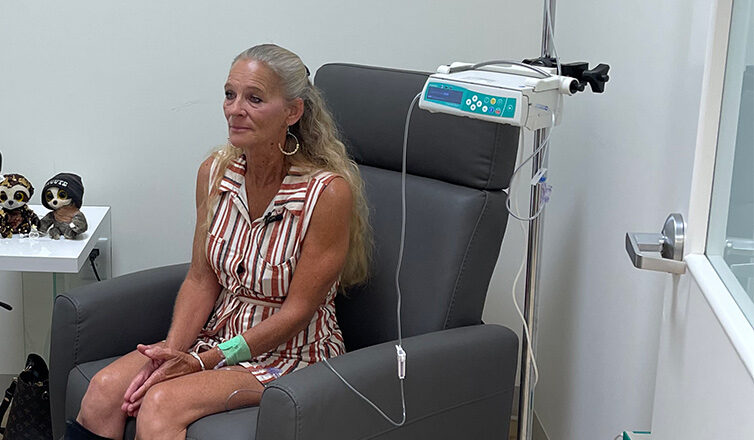On Saturday, April 15, the international Pompe community will raise awareness of Pompe disease through International Pompe Day. Reflecting the importance of movement for those living with Pompe, this year’s annual event slogan is “Every Move Counts.”
“We all have different abilities and levels of disability, but the important thing to remember and focus on is that ‘Every Move Counts,” organizers explained on the movement’s Facebook page. “We should celebrate what we can do, not focus on what we can’t.”
Pompe disease is a genetic neuromuscular disorder that affects about one of every 40,000 people in the United States. The rate of Pompe disease is higher for those of African American descent, affecting one out of every 14,000 people.
This progressive disease, also known as glycogen storage disease II and acid-maltase disease, is caused by mutations in the acid alpha-glucosidase (GAA) gene. The GAA gene gives instructions for producing the GAA enzyme, which is necessary to break down the complex sugar molecule glycogen. When the body doesn’t make enough (or any) GAA enzyme it can’t break glycogen down into glucose, and glycogen accumulates in cells and damages muscles, especially the skeletal and heart muscles.
Three forms of Pompe disease are classic infantile onset, when symptoms begin in the month after birth; non-classic infantile onset, when symptoms begin within the first year of life; and late onset Pompe disease, when symptoms begin any time after a patient’s first year. Classic infantile onset Pompe disease is the most common type of the disorder.
Typically, the younger a patient is at onset, the more severe their disease. Early intervention can make a world of difference. When Pompe disease is not properly treated, the disease will kill most patients within a year or two.
Symptoms of Pompe disease include:
- Delayed motor development
- Muscle weakness
- Poor muscle tone
- Eating difficulty
- Respiratory infections
- Breathing problems
- Hearing impairment
- Enlargement of the heart, tongue or liver
Pompe disease is diagnosed through blood testing and muscle biopsy. While Texas does not currently test newborns for Pompe Disease, according to the Texas State Department of Health Services, a simple blood test can detect the disorder.
There is currently no cure for Pompe disease. The most common treatment is enzyme replacement therapy, which is a way to replace the body’s GAA enzyme with an engineered version of alpha-glucosidase. This can reduce the accumulation of glycogen in the body and help to improve muscle tone. Those with the GAA gene mutation who receive this therapy, like ANC patient Kelly Kelley, who has been treated at our infusion center for more than six years, require the treatment for the rest of their lives.
Kelly explained that Dr. Yessar Hussain has saved her life by providing enzyme replacement treatments. Treatment enables her to be out of a wheelchair, although she still needs leg braces and a cane for support, and she’s thankful for the time she can now spend with her family.
Clinical trials are another option for those with Pompe disease. Supportive therapies including physical, speech and occupational therapy can also be helpful in managing symptoms.
For more information about Pompe Disease, contact us at (512) 920-0140. And don’t forget to follow us on Facebook and Instagram for important updates.
